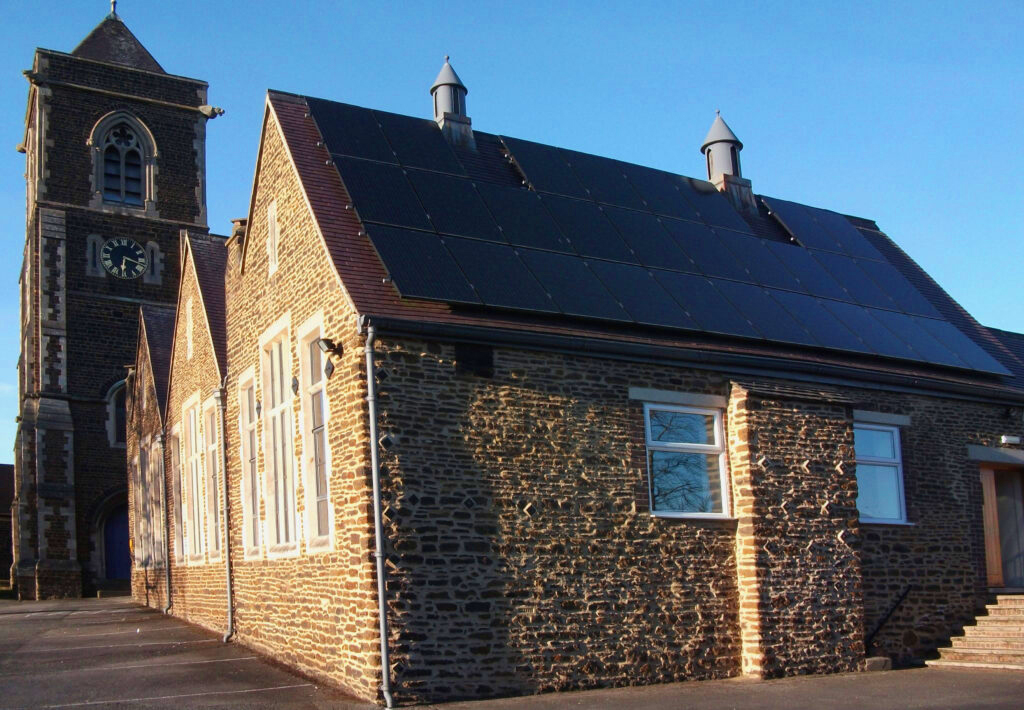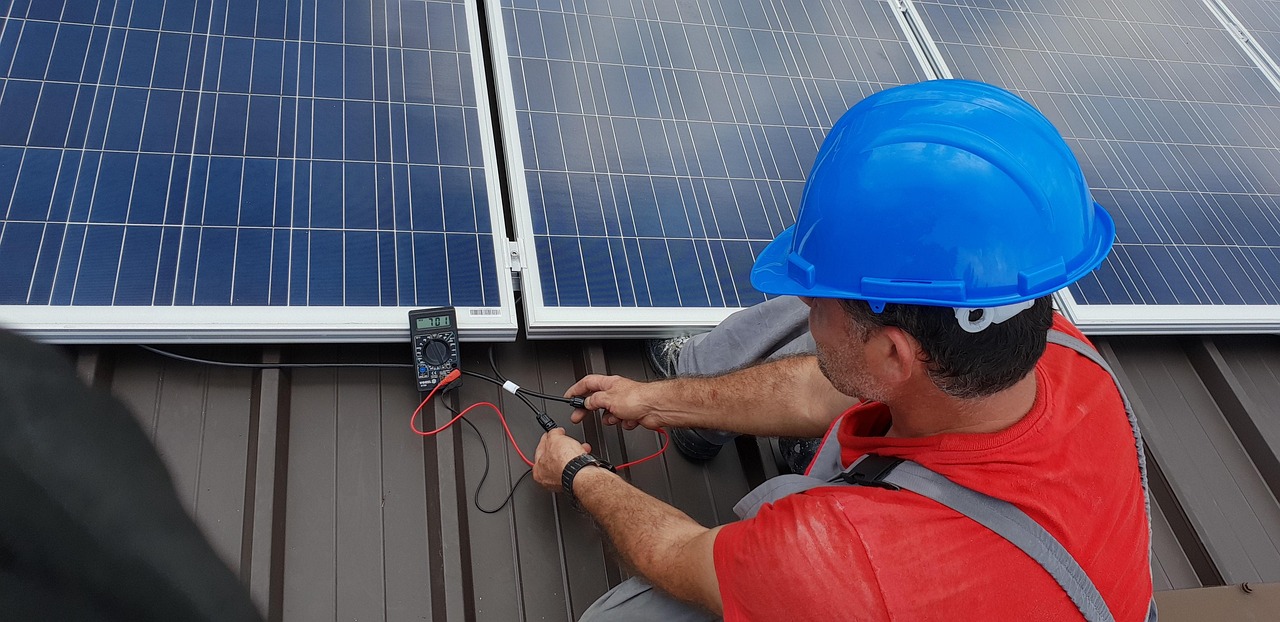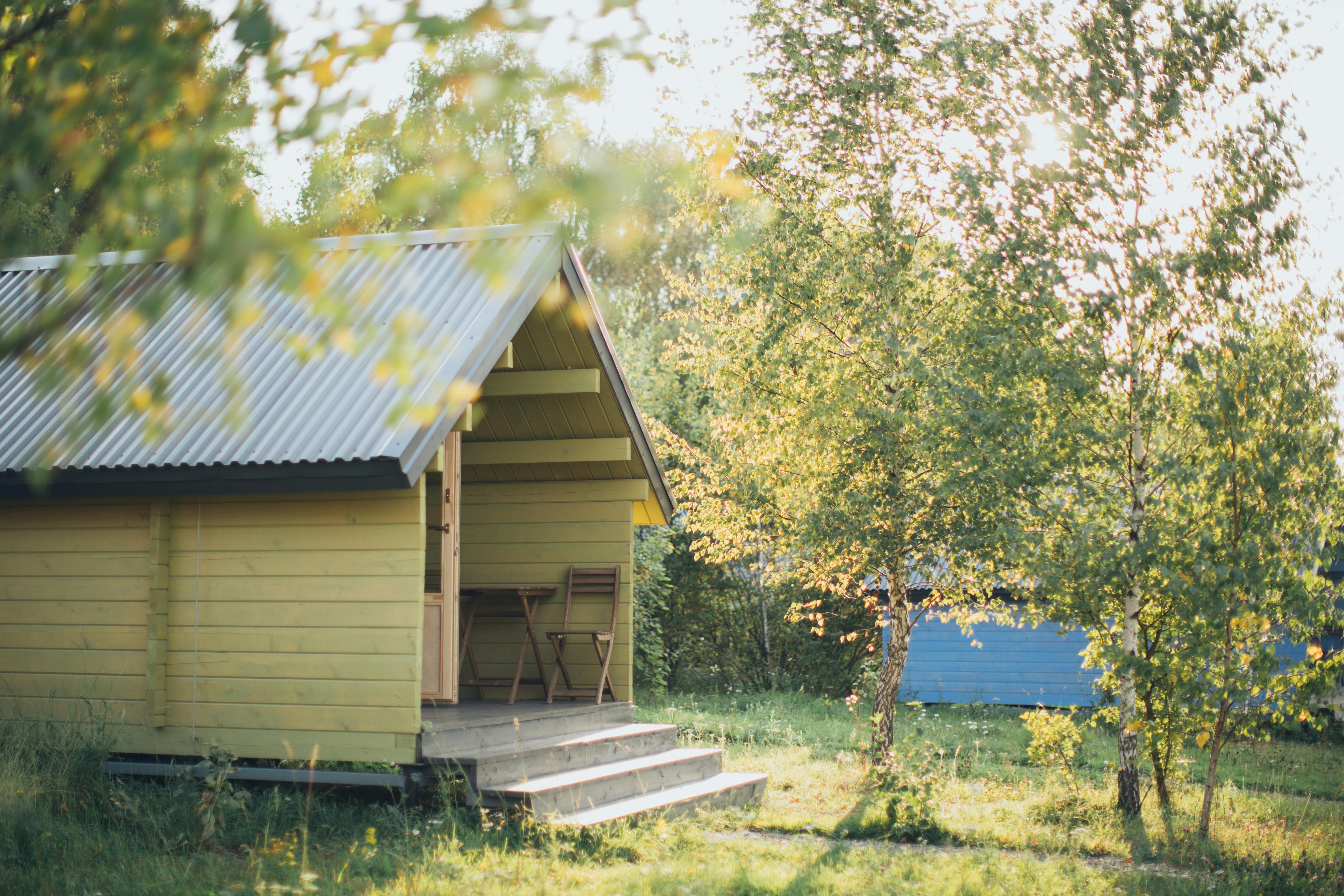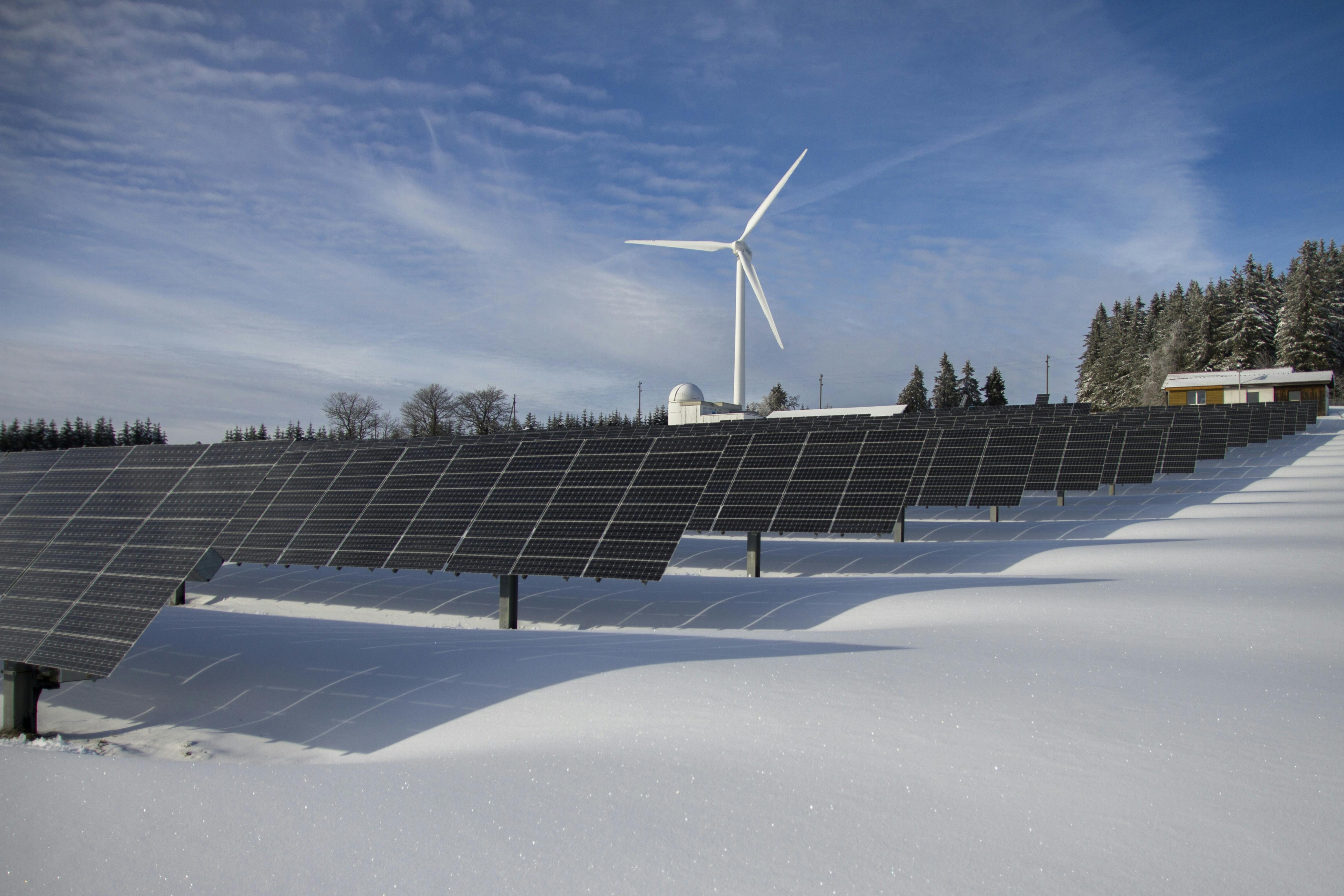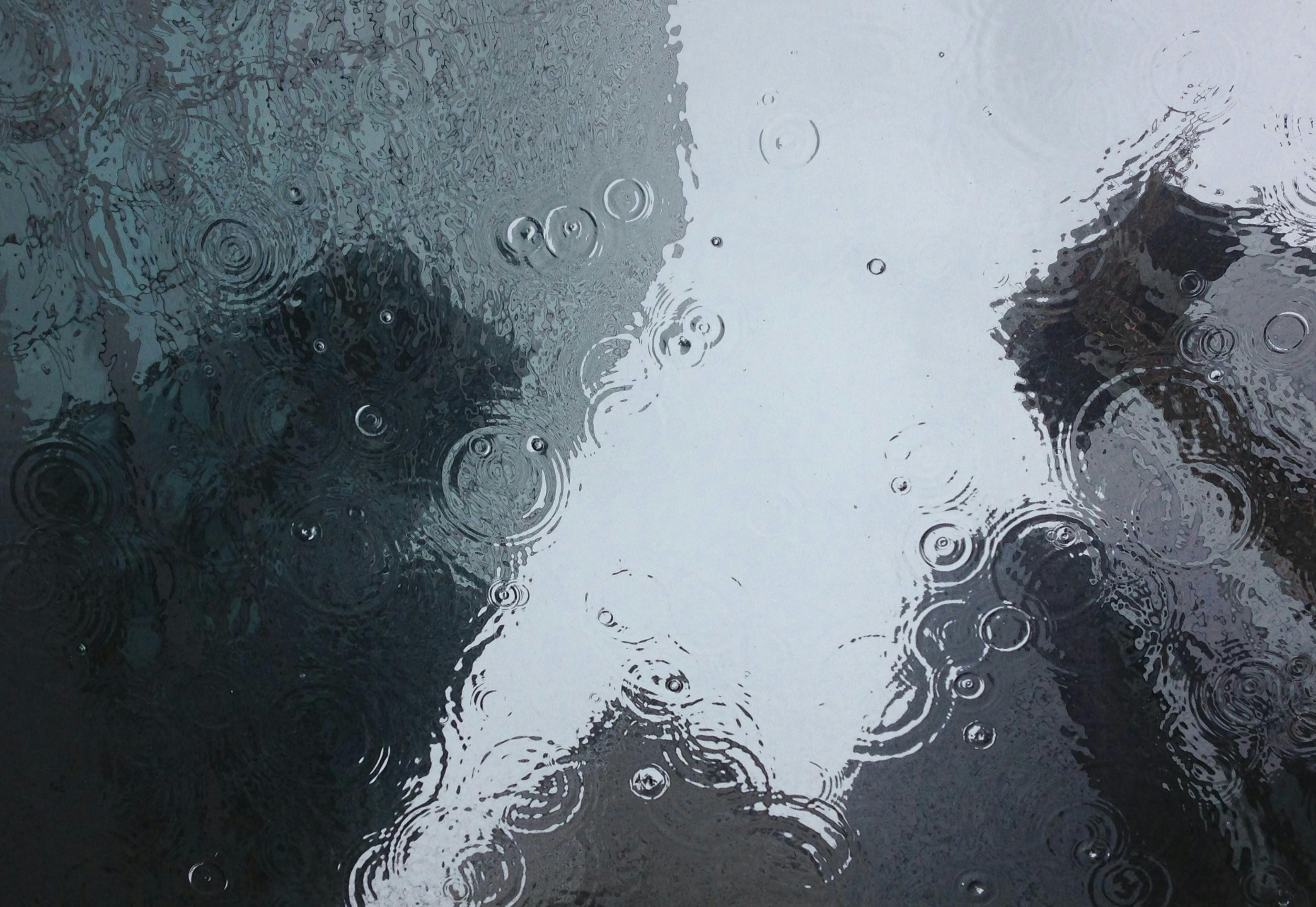Do Solar Panels Work In Winter
Uncover the facts about solar panel efficiency in winter. Explore if solar panels remain effective during colder months.

As the leaves fall and the frosts set in, it's a question that nags at the back of every eco-conscious homeowner's mind: do solar panels work in winter? You might worry that the shorter days and snowfall could render your green investment ineffective.
Well, let's clear the icy mist around this topic and uncover how solar panels perform when the temperature drops.
Key Takeaways:
Do Solar Panels Operate Effectively During Winter?
Absolutely, they do! You might be surprised to learn that solar panels can be just as effective in cold weather as they are in the warmer months. In fact, cooler temperatures can actually enhance their efficiency because solar panels convert light, not heat, into energy. The colder climate helps reduce the resistance within the panels, allowing them to generate electricity more efficiently.
However, there are additional factors to consider to ensure optimal performance. The angle of the solar panels is crucial; during the winter months, adjusting the tilt to capture the lower angle of the sun can significantly boost energy production. Additionally, while snow cover can temporarily block sunlight, it can also be beneficial in the long run. Snow can reflect more sunlight onto the panels and, once melted, can clean the surface of the panels, increasing their efficiency.
Despite these seasonal challenges, with proper installation and regular maintenance, solar panels can perform effectively even in the chilliest conditions. Investing in features such as automated snow removal systems or manual cleaning tools can help keep your panels clear and operational. By understanding and addressing these factors, you can ensure that your solar panels continue to pull their weight and provide sustainable energy throughout the year.
Benefits of Solar Panels in Winter
Many people assume that summer is the best season for solar panels, but winter offers its own distinct advantages:
- Cooler Temperatures: Solar panels actually perform more efficiently in cooler temperatures. As temperatures drop, the electrical conductivity of the panels improves, boosting their overall output.
- Unobstructed Panels: During winter, many trees lose their leaves, which reduces the likelihood of shading on your panels. This means more sunlight can reach your panels, enhancing their effectiveness.
- Albedo Effect: Snow, surprisingly, can be beneficial for solar panels. Snow's reflective properties can increase the amount of light that reaches your panels, potentially enhancing their performance. This reflection can lead to higher solar gain, even when the ground is covered in snow.
These unique winter perks make it clear that solar panels can be highly effective year-round. So, don’t underestimate the potential of your solar system during the colder months.
Challenges Faced by Solar Panels in Winter
Here's the cold truth - winter does present some challenges for solar panels.
Snow Coverage - Hefty snowfall can block sunlight from reaching the panels.
Shorter Daylight Hours - There's less daylight in winter, potentially impacting yield.
But don't worry! Most solar panels are installed at an angle, which helps snow to slide off more easily. Additionally, professional installers take into consideration the shifting daylight hours throughout the year, ensuring that your solar panels are optimally positioned for maximum sunlight exposure, even during the shorter days of winter.
Maximising Solar Panel Efficiency During Winter
To keep your solar panels in top condition during the frosty season, consider these essential tips:
- Snow Removal: Snow accumulation can block sunlight and reduce the efficiency of your solar panels. To safely remove snow, use a roof rake with a soft cloth or brush attachment. This will help clear the snow without scratching or damaging the surface of the panels. Be gentle to avoid causing any harm to the equipment.
- Adjust the Tilt: Optimising the tilt angle of your solar panels can significantly improve their performance during winter. Depending on your location, adjusting the panels to a steeper angle can help capture more of the low winter sunlight. This adjustment not only increases energy production but also helps snow slide off more easily, keeping the panels clear and functional.
Solar Panel Technology Advancements for Winter Conditions
Solar technology is far from static; it's continually evolving to meet the demands of various climates, including harsh winters. Today, we have advanced panels specifically designed to withstand freezing temperatures and maximise energy capture even with lower sunlight availability. These innovations ensure that solar panels remain an efficient and reliable energy solution year-round.
Thanks to ongoing research and development, solar technology now offers robust performance and durability, making it a smart choice no matter where you live. With these advancements, you can confidently invest in solar energy, knowing it will serve you well through every season.
Calculating Winter Solar Panel Output
Wondering what to expect in terms of energy generation during the winter months? Use the solar panel calculator provided by MakeMyHouseGreen. It'll help you estimate the potential output and savings, tailored specifically to your home and location.
Cost-Benefit Analysis of Solar Panels in the Winter
When evaluating the financial implications of installing solar panels in cold weather, it's important to adopt a long-term perspective. While the initial investment may seem significant, the reductions in energy bills over time can more than offset these upfront costs. Solar panels are designed to perform consistently throughout the year, ensuring a stable return on investment. In fact, you might be pleasantly surprised by their efficiency during the winter months.
Cooler temperatures can actually enhance the performance of solar panels, leading to increased energy production on sunny winter days. Additionally, the cumulative savings on energy bills along with the ability to sell energy back to the grid.
How to Get Started with Solar Panels for Winter Usage
Ready to harness the power of winter sun? Here's what to do:
- Evaluate your home's solar potential using our solar panel calculator.
- Consider the optimal solar panel setup for winter efficiency.
If you need tailored advice, don't hesitate to get in touch with the green gurus; they're there to guide you through the process.
FAQs
- Will solar panels generate power during a snowstorm?
- While the output may decrease if the panels are covered in snow, they'll kick right back into action once cleared.
- Do I need to heat my solar panels in the winter?
- No, there's no need for heating; solar panels are designed to withstand the cold.
Final Thoughts
It's clear that with a bit of preparation and understanding, your solar investment is safe and sound, all year round. If you're ready to take the next step or just curious about what solar energy could save you, give the solar panel calculator a whirl.
Or perhaps you have a few more questions? Then do reach out to your local green gurus for customised guidance. They're as eager to help you save energy as you are to save the planet.
Let's not let a little cold weather cool our enthusiasm for a greener home and a healthier planet. After all, the power to make a difference always starts with you.
Ready to see what you can save?
Our solar calculator is 100% free to use. Enter your postcode below to get started.

Based on 400+ Trustpilot reviews

